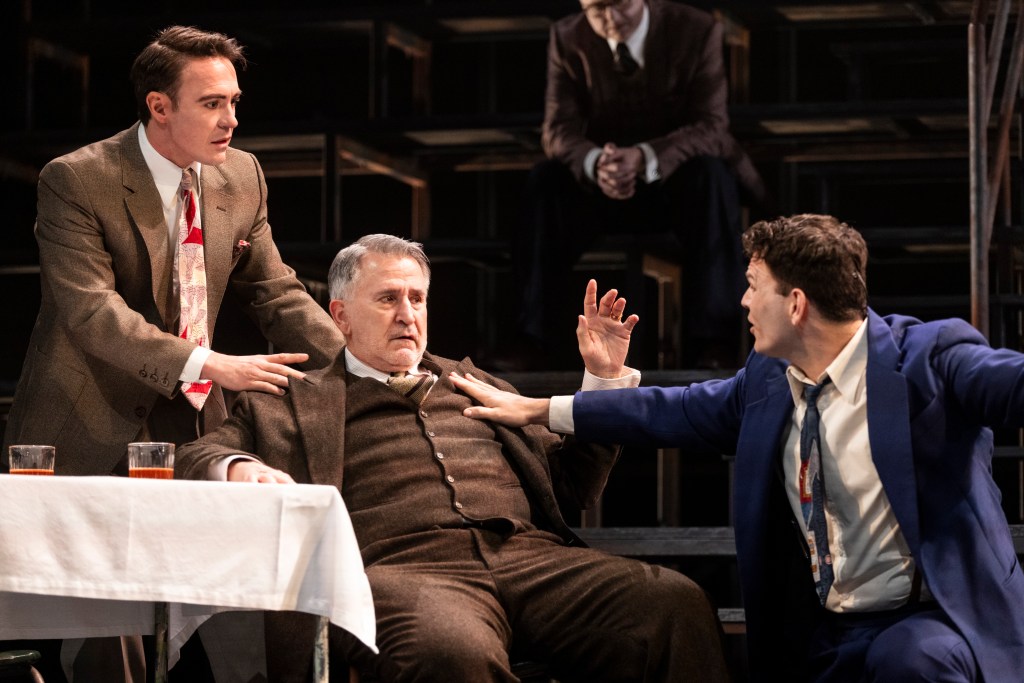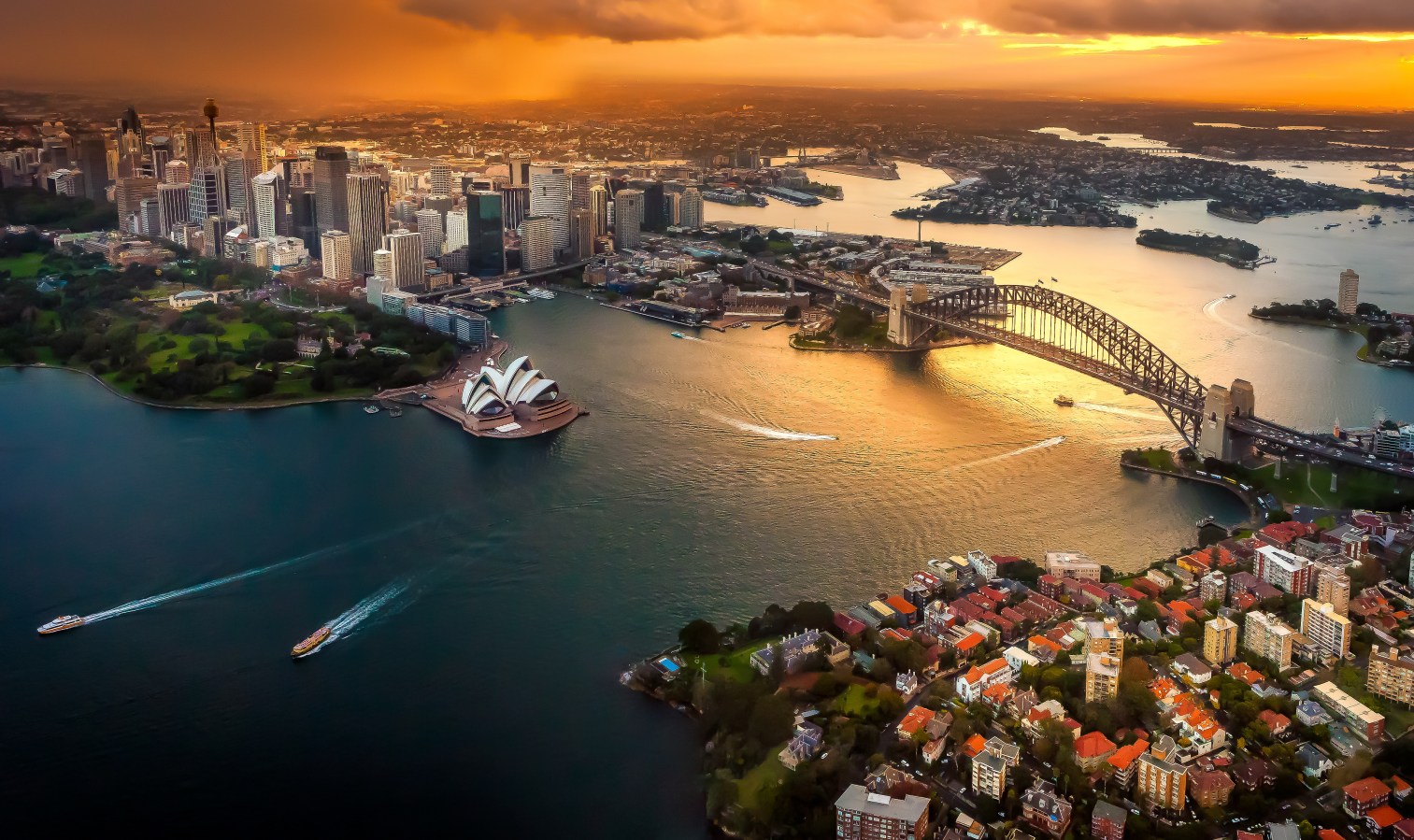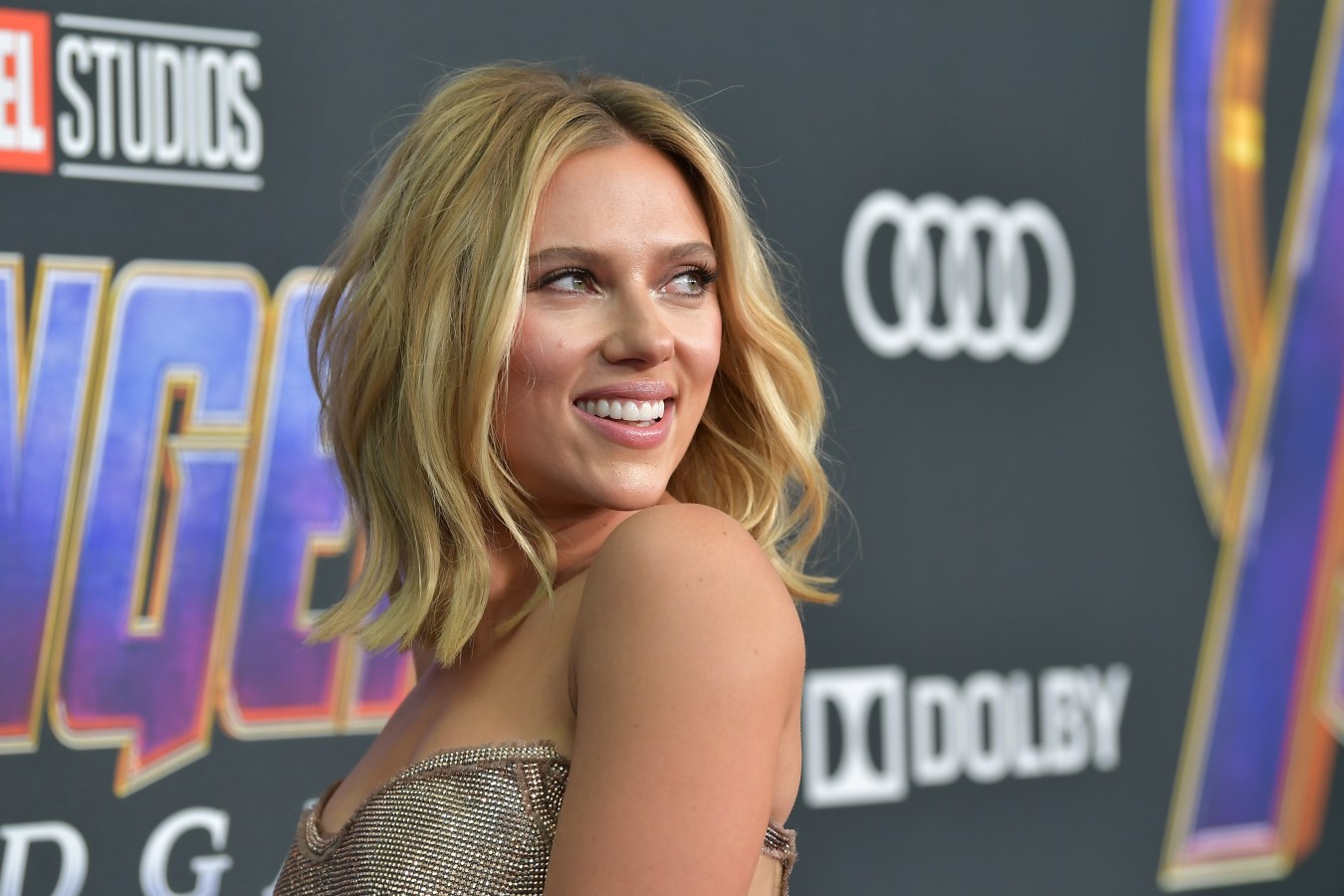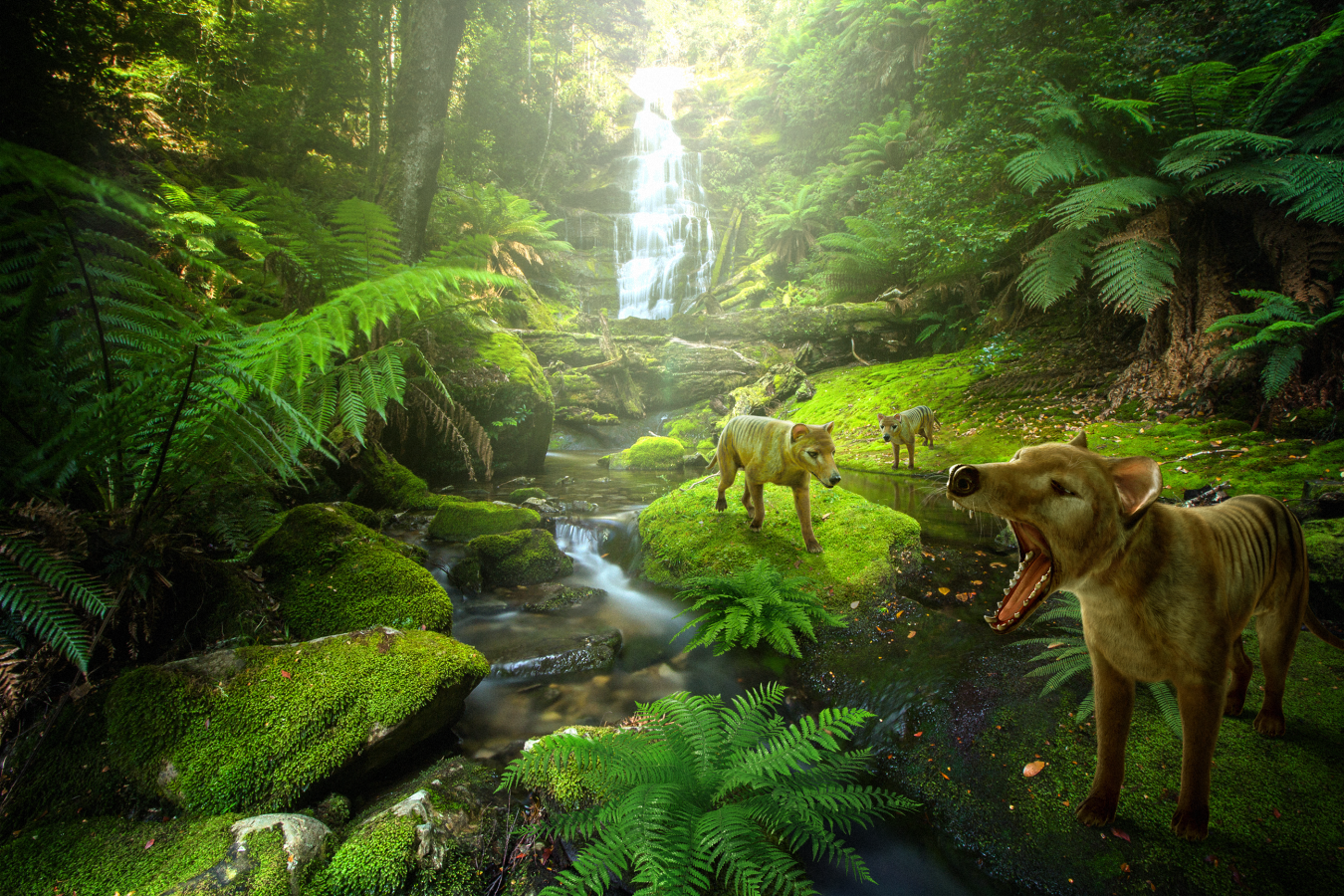Australian-born, US-based actor Anthony LaPaglia played Willy Loman in Melbourne and Sydney performances of Arthur Miller’s ‘Death of a Salesman.’ We talk to LaPaglia about his passions, his upbringing in Adelaide, and how Australia has changed since he left.
This article is featured in Issue 11 of Forbes Australia. Tap here to secure your copy.

What are you passionate about?
I’m passionate about my family, my dogs, and soccer. I really like information. I watch a lot of documentaries and Youtube. Movies are kind of like, eh…
What’s the best movie you’ve seen in the past 12 months?
Saltburn. 10 out of 10, that movie. And it was a crime that it did not get one Oscar nomination.
What is it like being back on the stage rather than the screen?
I missed it so much. I didn’t do it for 10 years. I don’t know why – just life. Movies and TVs take over. Doing theatre in New York, it’s quite difficult. If you do a Broadway play, you have to commit for six months, so it’s a really hard commitment to make. As your career evolves, your lifestyle exponentially goes up with it. There’s a financial component to everything.
Does performing on stage in Australia differ from the US?
I found that the reaction in Melbourne wasn’t any different to the reaction that I got to doing Arthur’s stuff in New York. I’d come out backstage after a performance, and there would be grown men in tears saying, “That’s what my relationship with my father was like. He wanted me to do something I didn’t want to do.”
How is Australia different today than when you grew up here?
I haven’t lived here for a long time – since the 80s, and now I come back and I’m only here for a short time. I get to know the country and the climate, and I always enjoy being here. But I have noticed since COVID, the fight’s gone out of Aussies. Aussies used to be like, “Fuck that shit.” They had more of a chip on their shoulder. I miss it. It’s so much more compliant now.
You played Tytus Broz in the Netflix show Boy Swallows Universe. Does that story resonate with your upbringing in Australia?
I was born in ’59, so I grew up in the sixties in Adelaide, but it might’ve been 1942. Adelaide was always so far behind. I spent a lot of time with my grandmother who was Dutch, and she lived in a neighbourhood called Klemzig, which was a very bad mixture of Dutch and German immigrants. They didn’t like each other much – opposite sides of the war, and the war was still pretty fresh.
Adelaide was frozen in time; it was very innocent. I had a really great childhood in that I could leave the house. Me and my brother Michael, we’re only 18 months apart. We would get up at six in the morning, we’d take off from the house, and we came home at six o’clock in the evening. We made it home alive. That was all that really mattered. And we hopefully hadn’t destroyed anybody’s property in the meantime. It was just so free.
Did you know that’s what you wanted to do as a child?
I wanted to be a professional soccer player, and that’s what I dedicated all my time to, from the time I was 12 up until the time I realised at 20 that I wasn’t going to be able to do it. I wasn’t good enough. At 15 or 16, I got signed professionally, and suddenly, I was interacting with mostly 20-year-old men. That’s a big gap. You have to front your way through that as a 16-year-old because you have to belong somehow. So, I got exposed to way too much in my early teens.
Why did you decide to leave Australia?
I had grown up with stories about New York because my dad’s father had immigrated there in the 20s. My father was a very tough Italian – aggressive guy. He and I never really saw eye to eye. My parents split up, they got together, split up, got together. I lived with my grandmother a lot, which was great because I really loved living with her and my grandfather. My personal life wasn’t idyllic. I can’t say I had it tough, but I did know one thing from a really early age – I wanted to get out of there. I can’t even tell you why.
Where do you think home will be for you in the future?
I’m quite happy in LA. My wife is currently quite happy in LA. She’s got a job she loves there.
What’s next for you?
I don’t know. What I’d like to do is another series. I’m on the hunt for a series in the States so I can see out my senior years in comfort.
Are you – or is someone you know -creating the next Afterpay or Canva? Nominations are open for Forbes Australia’s first 30 under 30 list. Entries close midnight, July 15, 2024.
Look back on the week that was with hand-picked articles from Australia and around the world. Sign up to the Forbes Australia newsletter here or become a member here.



